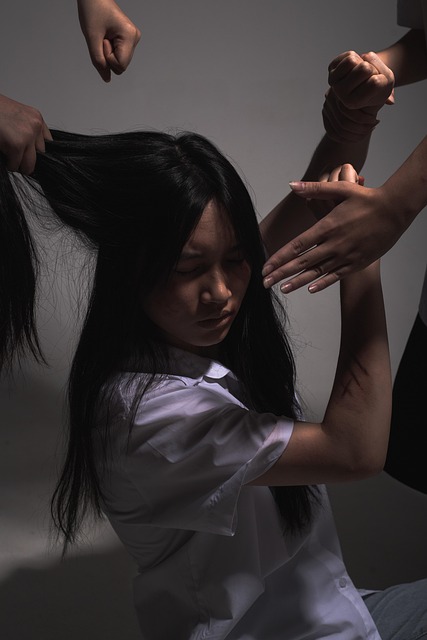Teen Challenge Abuse affects families deeply, leading to disbelief, anger and guilt. Legal understanding and emotional support are crucial for healing. Advocacy groups provide resources like safety, counseling, legal aid, and policy changes to break silence, prevent future abuse, and empower survivors.
“Advocacy plays a pivotal role in healing and justice for families affected by Teen Challenge misconduct. This article delves into the complex issue of Teen Challenge abuse, offering insights from a family’s perspective. We explore legal avenues for seeking justice and provide practical resources for supporting survivors. By understanding the dynamics of abuse within such organizations, we aim to empower families with knowledge and advocacy strategies, fostering healing and accountability in the face of Teen Challenge misconduct.”
- Understanding Teen Challenge Abuse: A Family's Perspective
- Navigating Legal Paths for Justice and Healing
- Supporting Survivors: Resources and Advocacy Strategies
Understanding Teen Challenge Abuse: A Family's Perspective

Understanding Teen Challenge abuse from a family’s perspective is crucial in addressing the impact and finding solutions. When a young person joins an organization like Teen Challenge, their families often hope for positive transformation and personal growth. However, what sometimes unfolds is a different story—one marked by misconduct, exploitation, and emotional or even physical abuse.
Families affected by Teen Challenge misconduct may experience a range of emotions, from disbelief to anger and guilt. They might question their initial trust in the organization and feel a profound sense of loss for the child they thought they knew. Navigating this crisis requires support, understanding, and advocacy to ensure that families can heal and that perpetrators are held accountable. By recognizing the signs of abuse and seeking help, families can take the first step towards justice and recovery.
Navigating Legal Paths for Justice and Healing

Families affected by Teen Challenge misconduct face complex challenges, navigating not only emotional trauma but also legal paths toward justice and healing. The first step often involves understanding their rights under laws that address teen challenge abuse, such as those related to child protection, civil rights, or criminal liability. This process can be daunting, requiring expert guidance from attorneys specializing in these areas.
Support groups and advocacy organizations play a crucial role in empowering families to take action. They provide resources, share legal strategies, and offer emotional support during what can be a labyrinthine journey. Through collective effort and persistent pursuit of justice, families can begin the process of healing from Teen Challenge abuse, ensuring that their experiences do not go unacknowledged or unaddressed.
Supporting Survivors: Resources and Advocacy Strategies

Supporting survivors of Teen Challenge abuse is a critical step towards healing and justice. Many individuals who have experienced misconduct within these programs face unique challenges due to the often tight-knit communities and intense emotional manipulation involved. Advocacy strategies should focus on providing resources for safety, counseling, legal aid, and financial support. Non-profit organizations and legal firms specializing in religious institution abuse cases can offer crucial assistance.
One effective approach is to connect survivors with peer support groups where they can share experiences and build resilience. Additionally, advocating for policy changes that improve accountability within Teen Challenge programs and enhance protections for at-risk youth is essential. By raising awareness about Teen Challenge abuse through educational campaigns and sharing personal narratives, survivors can help break the cycle of silence and ensure better outcomes for future generations.
Advocacy for families affected by Teen Challenge misconduct is a vital step towards justice and healing. By understanding the unique challenges they face, navigating legal paths that ensure accountability, and providing targeted support through resources and advocacy strategies, we can foster an environment where survivors feel empowered and supported. Recognizing and addressing Teen Challenge Abuse is crucial to protecting vulnerable individuals and promoting positive change within these programs.
